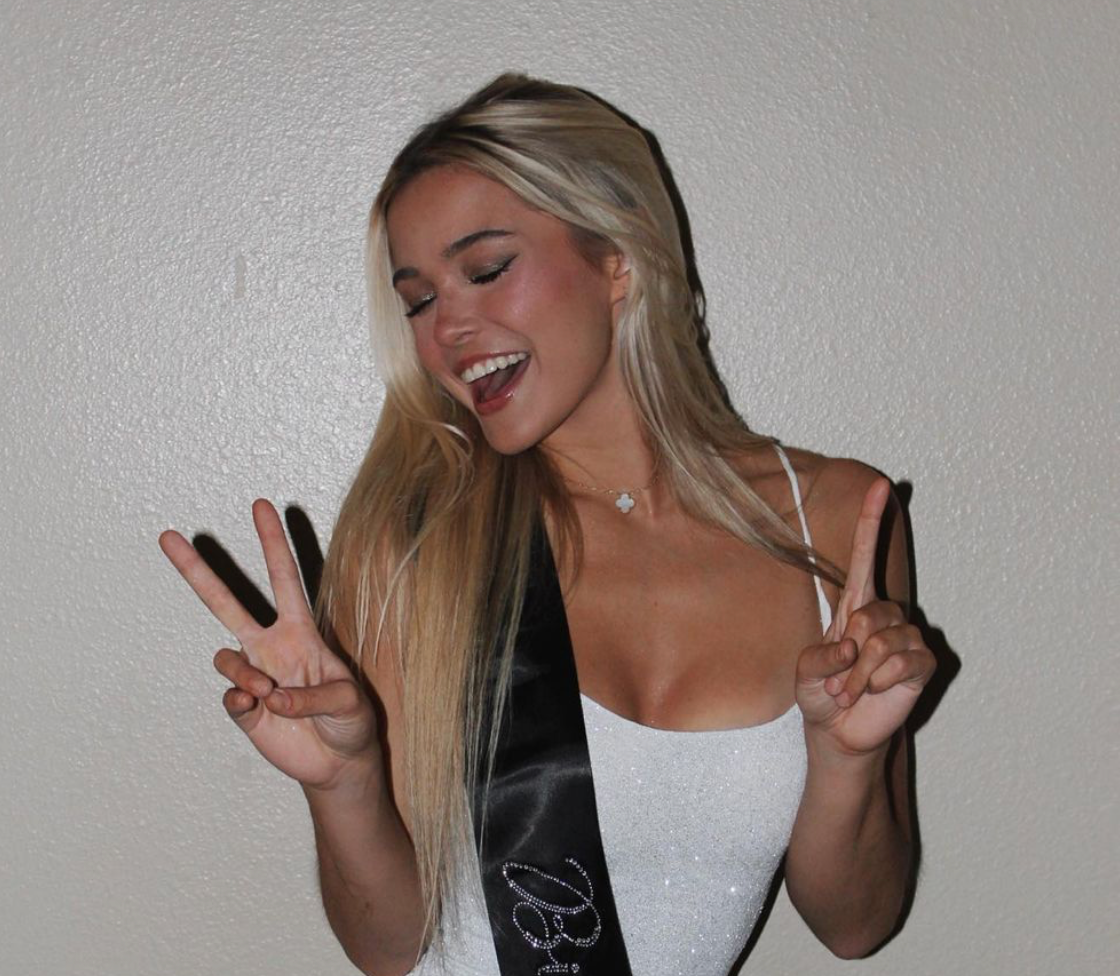The Oscars have added new inclusivity requirements in order for a film to be eligible to win the prestigious Best Picture award and people both inside and out of Hollywood are not having it.
While the rule change was announced by the Academy of Motion Picture Arts and Sciences all the way back in 2020, it doesn’t take effect until the March 2024 awards which is why people are just beginning to lash out at the rule change.
The requirements, which are only to be named eligible for Best Picture, are confusing and can be met in several ways. However, all of the criteria to be met deal with “underrepresentation” and giving roles back to those in minority demographics.
Without getting into way too specific detail, the rule change goes a little like this. In order to be eligible for Best Picture, a film must meet two of the following four criteria:
- Either the main character or 30% of the general ensemble cast must come from an underrepresented demographic OR the main storyline of the film must deal with underrepresented groups
- Certain crew roles are held by members of underrepresented demographic groups
- The film must offer internship opportunities as well as a training program to underrepresented demographics
- Certain roles of marketing, distribution, and PR must be held by people from underrepresented demographic groups
For those of you wondering, “underrepresented groups” include women, racial or ethnic groups other than white people, LGBTQ+ members, and people with disabilities.
Essentially, this rule makes it so that Best Picture contenders have either on-screen representation of minority figures or behind-the-camera assistance from minority groups.
With the rule change to come into play for this upcoming Oscars season, the New York Post published a piece this past Friday which quoted several anonymous sources from inside of Hollywood voicing opinions of concern and overall unhappiness with the change.
Of the anonymous people, one director called the change “completely ridiculous,” saying “I’m for diversity, but to make you cast certain types of people if you want to get nominated? That makes the whole process contrived. The person who is right for the part should get the part. Why should you be limited in your choices? But it’s the world we’re in. This is crazy.”
While many people within Hollywood chose to be kept anonymous, popular actor Richard Dreyfus went on The Firing Line on PBS last month to publicly speak out against the change. Saying the change “makes me want to vomit,” Dreyfus explained his views on the matter arguing that “no one should be telling me as an artist that I have to give in to the latest, most current idea of what morality is.”
In the NYP article from this past week, “one of Hollywood’s biggest producers” anonymously stated that like Dreyfus many important people in the industry are also upset at the change but too afraid of “cancel culture” to say anything about it. He (I assume) stated “Everyone thinks the Academy went too far. It’s ridiculous to tell us we have to regulate our work. We talk about it amongst ourselves but it’s not worth speaking up publicly.”
Although those inside of the movie industry are afraid of consequences for speaking out, those with no affiliation to filmmaking have had no trouble.
Clearly, very few people outside of extreme liberals are happy with this change. If you know or like anything about movies, odds are you hate this rule change and I don’t blame you at all. Movies are a piece of art and you can’t tell an artist what his or her vision looks like. It just isn’t feasible. If you want a story to live up to its full potential, you need to let the storyteller take complete control of the reins. Forcing filmmakers to use certain people in their film would be like making chefs use secret ingredients everytime they cook. Sorry liberals, but I don’t really want to live in a Chopped universe where we need to figure out a way to incorporate something that clearly doesn’t belong.
As many people have been quick to point out, several past Best Picture winners and nominees wouldn’t have had the chance to win the award under these new changes. Just a few examples of former Best Picture winners that would no longer be eligible include world-famous films such as The Godfather, Schindler’s List, Lord of The Rings, Titanic, Rain Man, and Argo. The list goes on too.
The point is that while racism is bad and everyone does in fact deserve to be treated with the same equality and respect, that doesn’t mean people should be forced to include certain talent in their life’s work. People wait years and years to have their visions come to life. Those projects shouldn’t be tarnished because a group of “judges” believe that it should include more diversity. Every role on a movie set whether that be the main actor, director, sound guy, or just the intern getting coffee should all be chosen based on merit rather than the demographic box they check off. If we want good movies and entertainment, there must be no restrictions on art. We need to allow those who wish to tell a story to tell that story in whichever way they see fit.





